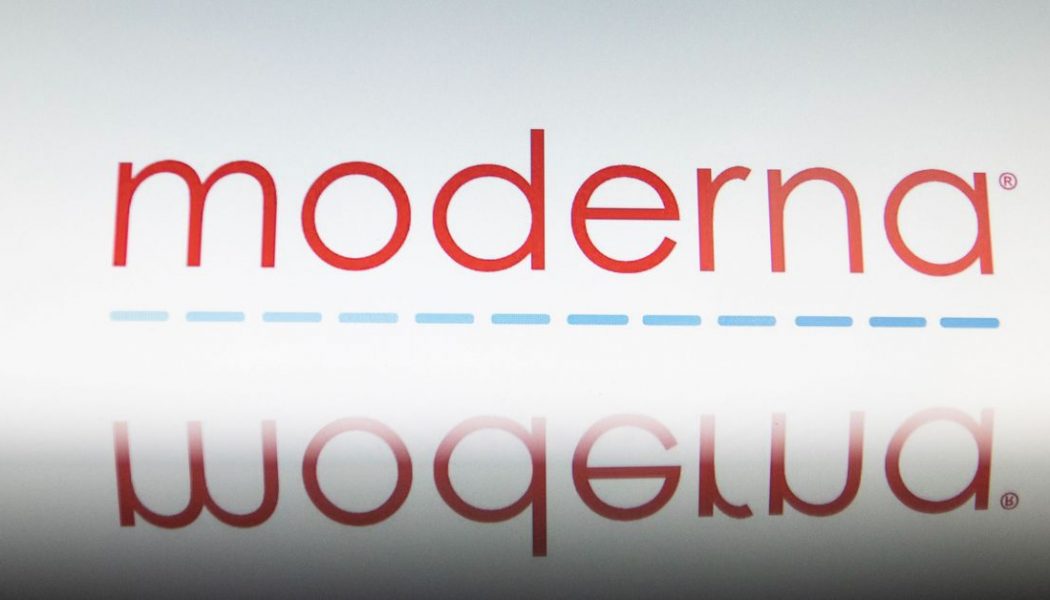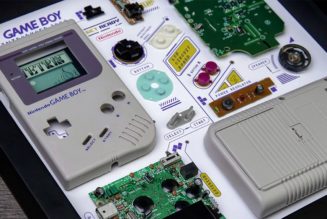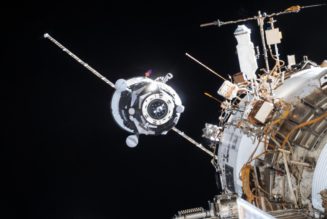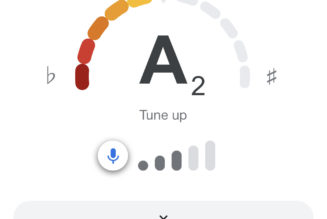
The Food and Drug Administration authorized the COVID-19 vaccine developed by Moderna, which joins the Pfizer and BioNTech product as the second shot available for use in the United States.
The vaccine can now be given to adults 18 years of age and older in the US. It was 94 percent effective against symptomatic COVID-19 in clinical trials. The Moderna vaccine also protects against cases of severe disease: there were 30 cases of severe disease among trial participants, and all were in the placebo group. Initial data on the Pfizer and BioNTech vaccine also hinted that it could protect against severe disease, but data was too limited to reach a definite conclusion.
“With the availability of two vaccines now for the prevention of COVID-19, the FDA has taken another crucial step in the fight against this global pandemic that is causing vast numbers of hospitalizations and deaths in the United States each day,” said FDA Commissioner Stephen Hahn in a press release.
Data presented by Moderna also hints that the vaccine might be able to prevent asymptomatic infection with COVID-19, not just symptomatic disease. In the clinical trial, the company tested every participant for the coronavirus between the first dose and second dose of the vaccine. There were 38 cases without symptoms in the placebo group and 14 in the vaccination group.
Like the Pfizer and BioNTech vaccine, the Moderna vaccine was made using a gene-based technology. It contains a snippet of the genetic material for the coronavirus spike protein. The snippet instructs the body to build copies of that protein and use those copies to train the immune system to recognize and attack the actual virus.
Also like the Pfizer / BioNTech vaccine, the Moderna vaccine will be available under an Emergency Use Authorization, a designation that lets the FDA sign off on products faster than the normal review process during an emergency like a pandemic.
The Moderna vaccine has less onerous storage requirements than the Pfizer and BioNTech vaccine, which has to be kept at ultracold temperatures — covered in dry ice or in specialized freezers — until it’s ready to be used. Moderna’s can be stored in a refrigerator for up to 30 days, making it easier to distribute to places without the infrastructure to maintain an ultracold environment.
“We remain focused on scaling up manufacturing to help us protect as many people as we can from this terrible disease,” Stéphane Bancel, chief executive officer of Moderna, said in a press release.
The United States ordered 200 million doses of the Moderna vaccine, enough to vaccinate 100 million people. The first doses will be distributed to health care workers and residents in long-term care facilities within days.
Developing…










